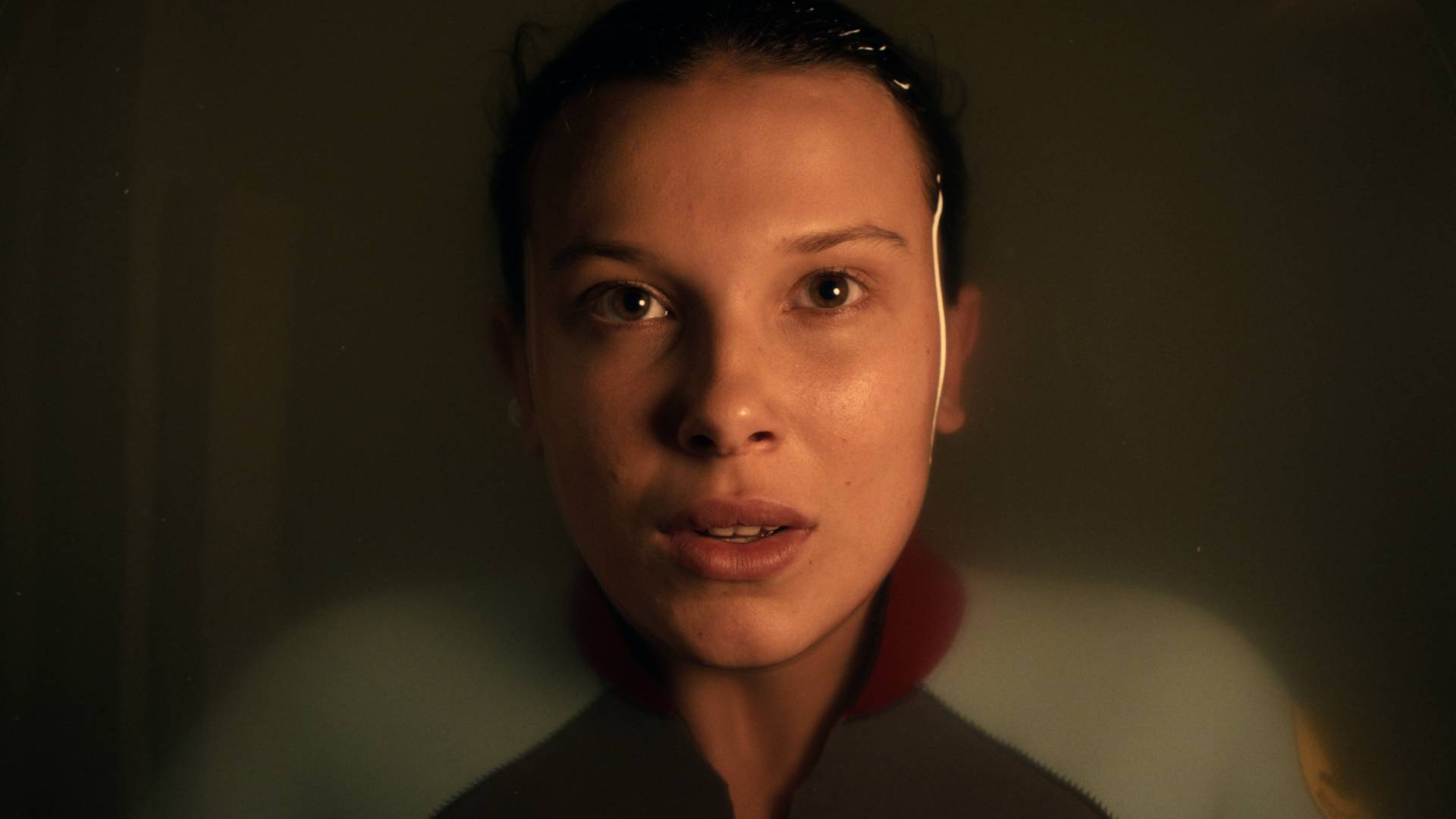My first hours in Starfield Shattered Space feel like a Lovecraftian Fallout adventure, and I haven't even met the giant snake yet
Space ghosts, religious experiments, and a cosmic serpent? Sign me up for more
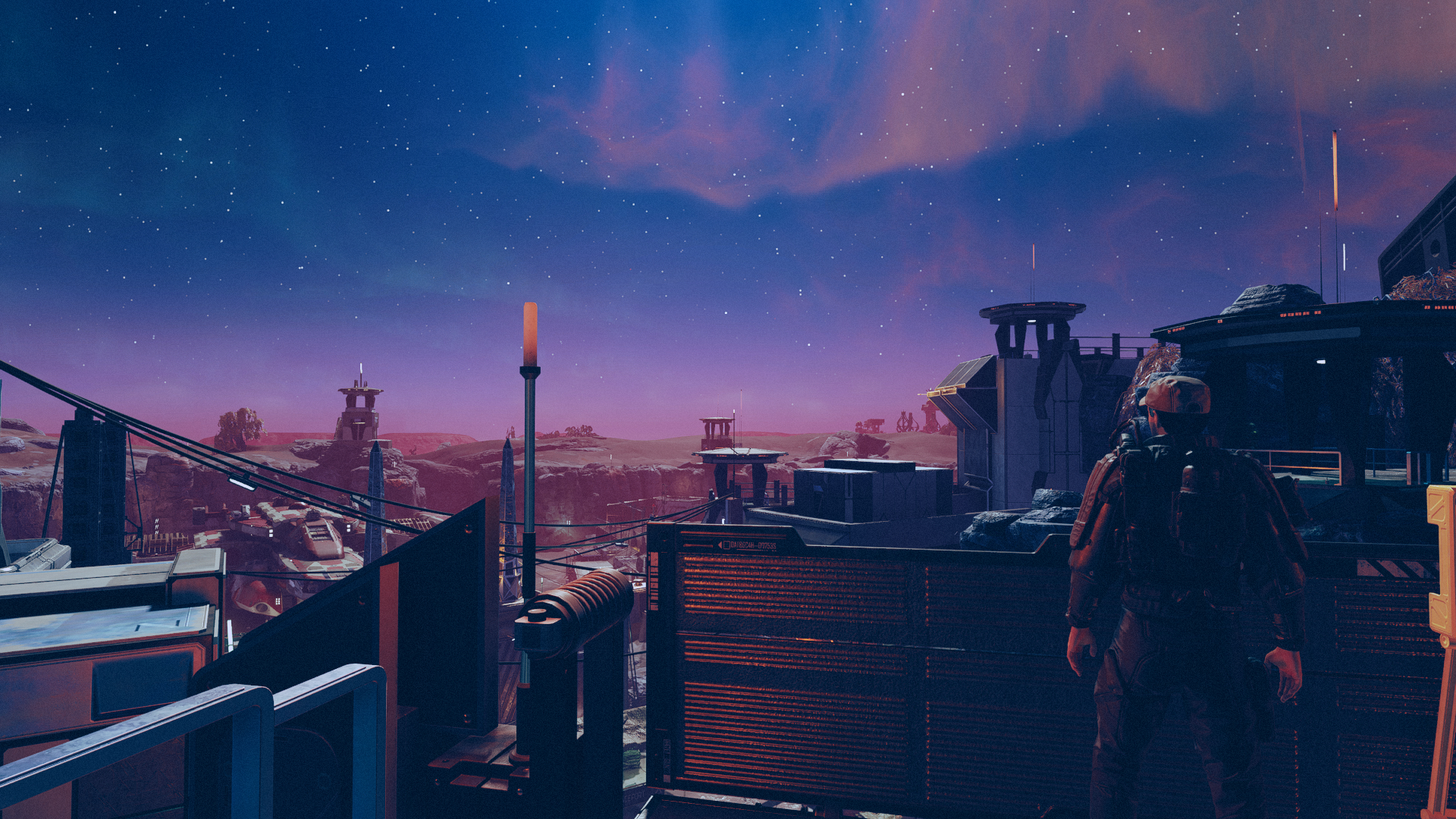
There is yet to be a Bethesda expansion that doesn't start with players sticking their nose where it doesn't belong. Starfield Shattered Space is no exception, beginning with a distress signal that actively warns you not to board The Oracle, a space station that hangs ominously above whichever planet you've happened to start the expansion at. In the four hours of Shattered Space I squeeze in on launch day, The Oracle's random location is the only bit of procedural generation I see – and after 70-plus hours spent exploring Starfield's vast but frequently empty planets, Bethesda's "bespoke goodness" approach to the expansion feels like coming back to a warm, homemade bowl of Chunks.
But if Shattered Space feels familiar in design, it feels entirely alien in principle. I've settled disputes between androids and humans on a foggy Maine island in Fallout 4's Far Harbor expansion, visited the Shivering Isles whilst the Daedric Prince of Madness had an off day in Oblivion, and survived Fallout 3's Mothership Zeta expansion by battling aliens alongside a 16th-century samurai. Incredulously, Shattered Space is weirder than all of those misadventures combined – but hey, introducing a Lovecraftian snake god to your fairly grounded spacefaring RPG tends to have that effect.
Stop making sense
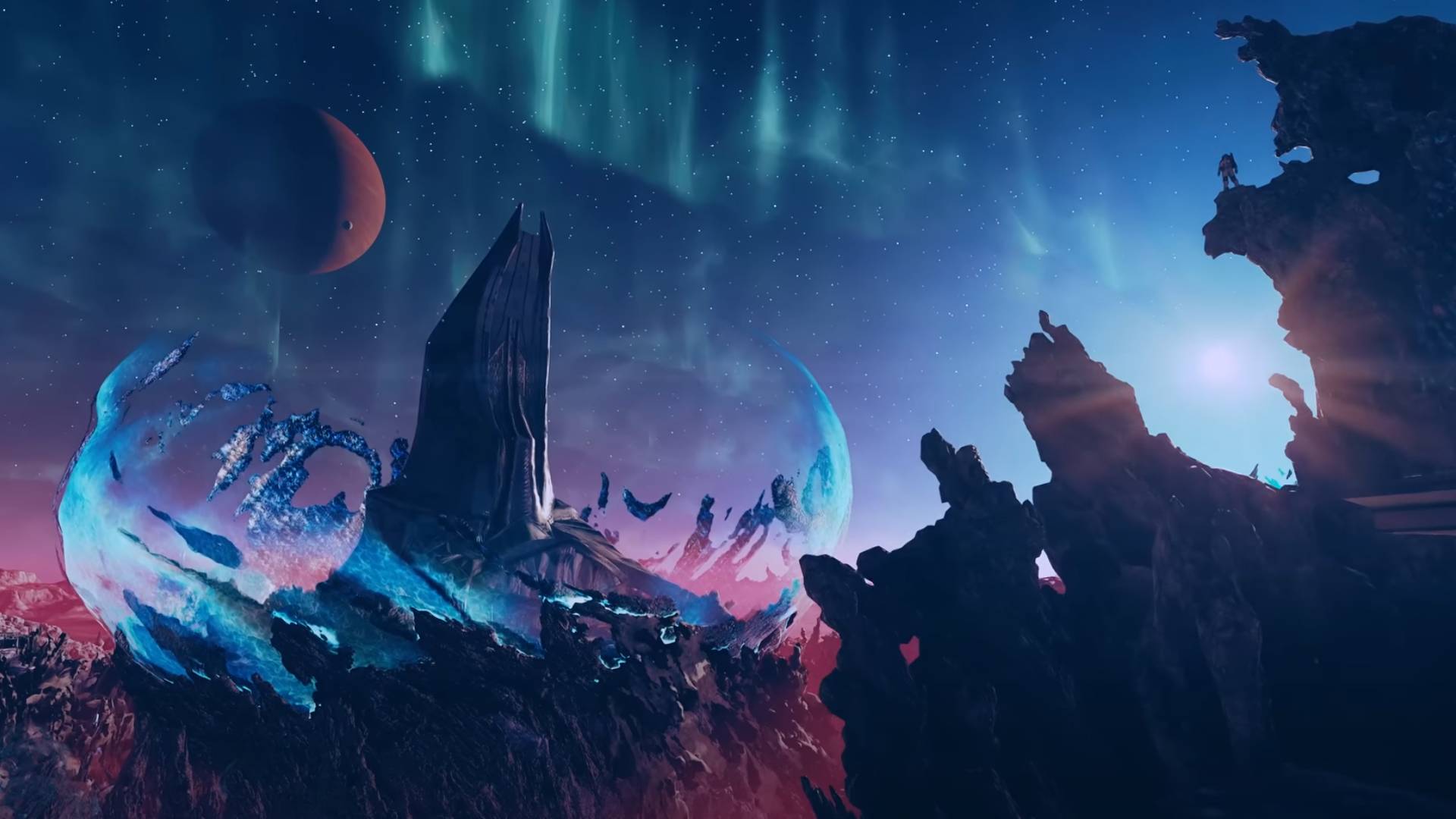
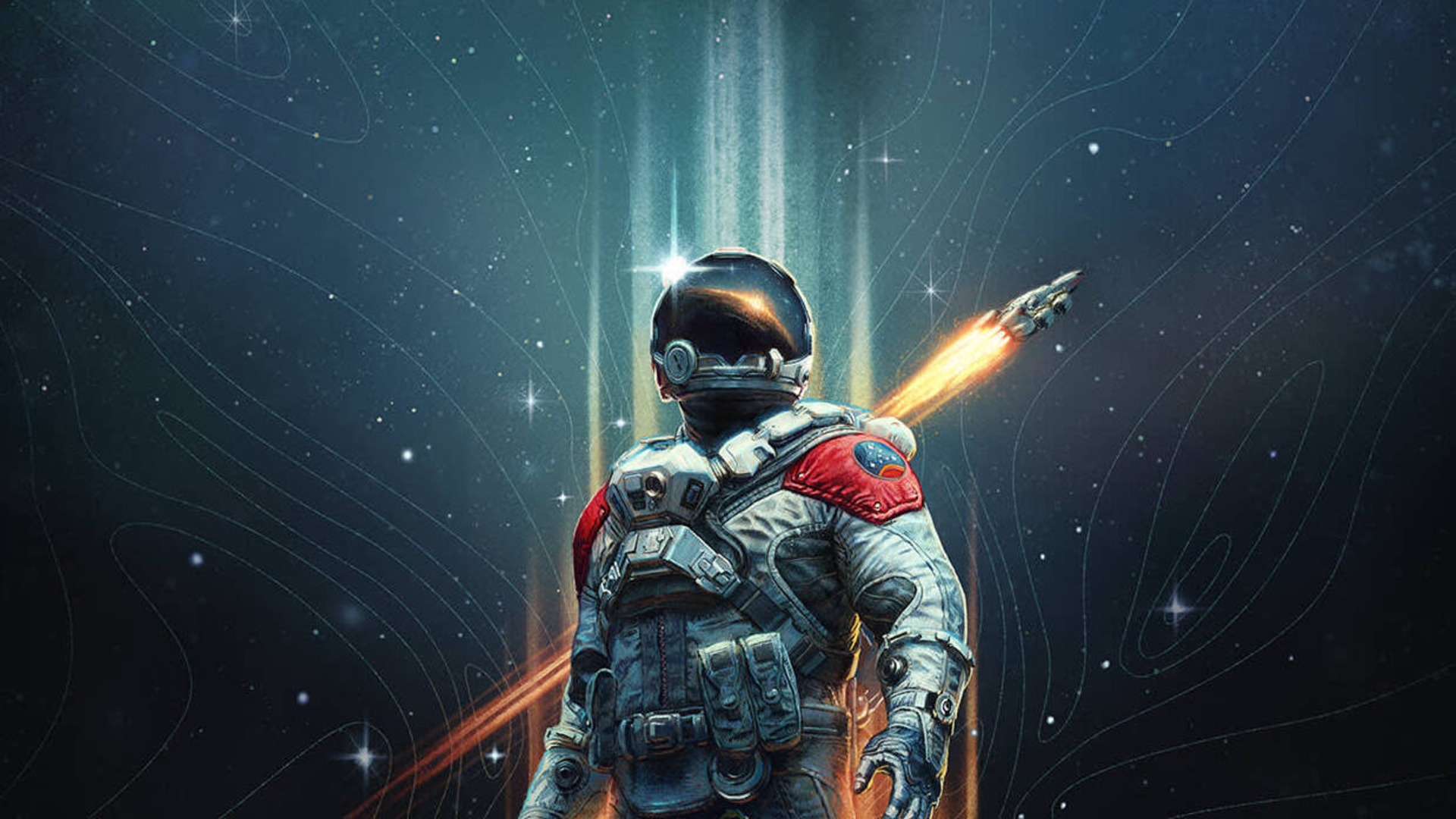
Starfield review: "The best thing Bethesda's done since Oblivion"
When I board The Oracle, I find out why it's not keen on visitors. A botched experiment has left spectral figures haunting the station, and the ones that can see me are very angry. Fighting back is awkward, to say the least – there's no gravity here, so the kickback of my comically oversized shotgun is enough to send me flying backwards. It's made worse by the strange mucus-y substance clinging to the walls, which teleports me around when I touch it. Have I said Shattered Space is weird?
After restoring The Oracle's power and gravity for curiosity's sake alone, the station warps itself to Va'ruun'kai, the home planet of the snake-worshiping zealots that you've likely been killing in droves already. This is where Shattered Space takes place – a desolate, dingy planet beneath blood-red skies, home to a religious society who believe in The Great Serpent, a cosmic deity that supposedly spoke to the colonists who first landed on Va'ruun'kai generations ago.
Though I enjoyed Starfield, it took me a while to warm up to the game. Shattered Space has the opposite effect: I'm sold on Va'ruun'kai from the get-go, and force conversation upon every character in sight for sweet, sweet lore. There's plenty of it to go around, as the planet has suffered the same effects as The Oracle on a far larger scale, thanks to a failed experiment combining science and religion – two things that famously get along so well. We're landing in the aftermath of that catastrophe, which means tensions are high: Va'ruun'kai's ruling houses are splintered, which means efforts to investigate the accident and help those affected have become mired in bureaucracy and politicking.
To be completely honest, I'm too busy hounding every NPC in sight to be much help. Similarly to how Far Harbor explored a small slice of rural post-apocalyptic life, Shattered Space looks at Va'ruun'kai through a human lens. One character rants against the Great Serpent in public, and when I ask what's going on, reveals he lost his wife in the accident. When he breaks into wordless sobbing, I'm offered a dialogue option to press him on what happened, but as keen as I am to get answers, I genuinely feel too uncomfortable to take it.
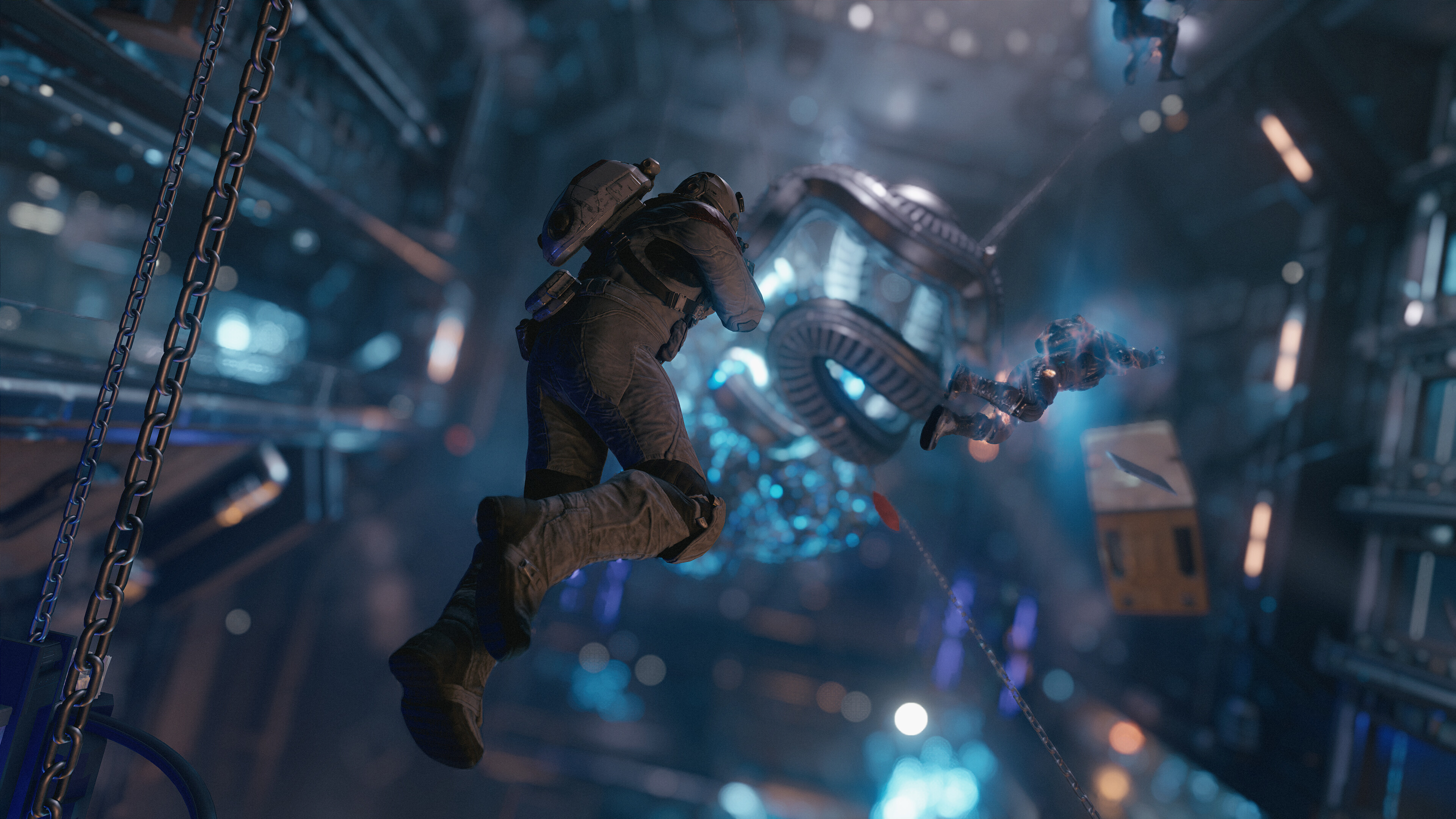
Just feet away, though, there's more drama. Two brothers are squabbling with Bethesda's trademark black humor – one of the men "accidentally" tried to sell an urn containing their mother's ashes, and his sibling, at breaking point from similar shenanigans, issues a challenge to duel. I'm roped into becoming the accused brother's second, purely because I happened to be standing there, which means working with their sister to ensure it's a fair battle. I'll avoid spoilers, but things are more complex than they first appear, and I'm ultimately given the choice to rig the duel – although whether you do so in favor of one fighter or another, hamper both, or decline to do anything is entirely up to you. I feel like Starfield missed a lot of these small, human interactions in lieu of telling grander space operas, so it's good to be back and meddle harder than ever.
Weekly digests, tales from the communities you love, and more
I've barely scratched the surface of Va'ruun'kai – being nosy in the city of Dazra takes up most of my time – but from the time I have spent wandering beyond Dazra's walls, exploring here already feels more worthwhile than making landfall on most of Starfield's bare planets did. My first port of call is a zealot-occupied stronghold where important hostages are being held, and although I was a little disappointed to get there and find it was a 'kill everything in sight' job – I was expecting to have to sneak or schmooze my way in – my scanner picked up a few tempting landmarks on the way that I'm eager to go back and check out.
Though I'm only a few hours in, Shattered Space has me hooked. That being said, I do have a few concerns. Va'ruun'kai is very dim, and as impressive as its spectral gloom looks at first, I'm worried it will get old if I have to squint my way through the whole expansion. I'm also yet to properly see what's out there beyond Dazra, which I suspect, depending on how fleshed out it is, will determine whether it delivers the substance that felt missing in Starfield's exploration.
But I already find the occultism and supernatural elements here much more palatable than the Settled Systems' relatively grounded setting, and Bethesda's decision to focus on quality over quantity pays off even just hours in. If we're comparing this to the studio's past expansions – and it's hard not to, given Bethesda's reputation for making great ones – I'd say it feels most like Far Harbor, Shivering Isles, and Fallout 3's Point Lookout, which all thrived in the way they combined dramatic regional conflicts with lively settings. I'm dying to jump back in and learn more about House Va'ruun's experiment gone wrong, the cosmic horrors bleeding into this world that I'm yet to meet, and – perhaps most importantly – see if that big bloody snake is real.

Andy Brown is the Features Editor of Gamesradar+, and joined the site in June 2024. Before arriving here, Andy earned a degree in Journalism and wrote about games and music at NME, all while trying (and failing) to hide a crippling obsession with strategy games. When he’s not bossing soldiers around in Total War, Andy can usually be found cleaning up after his chaotic husky Teemo, lost in a massive RPG, or diving into the latest soulslike – and writing about it for your amusement.


